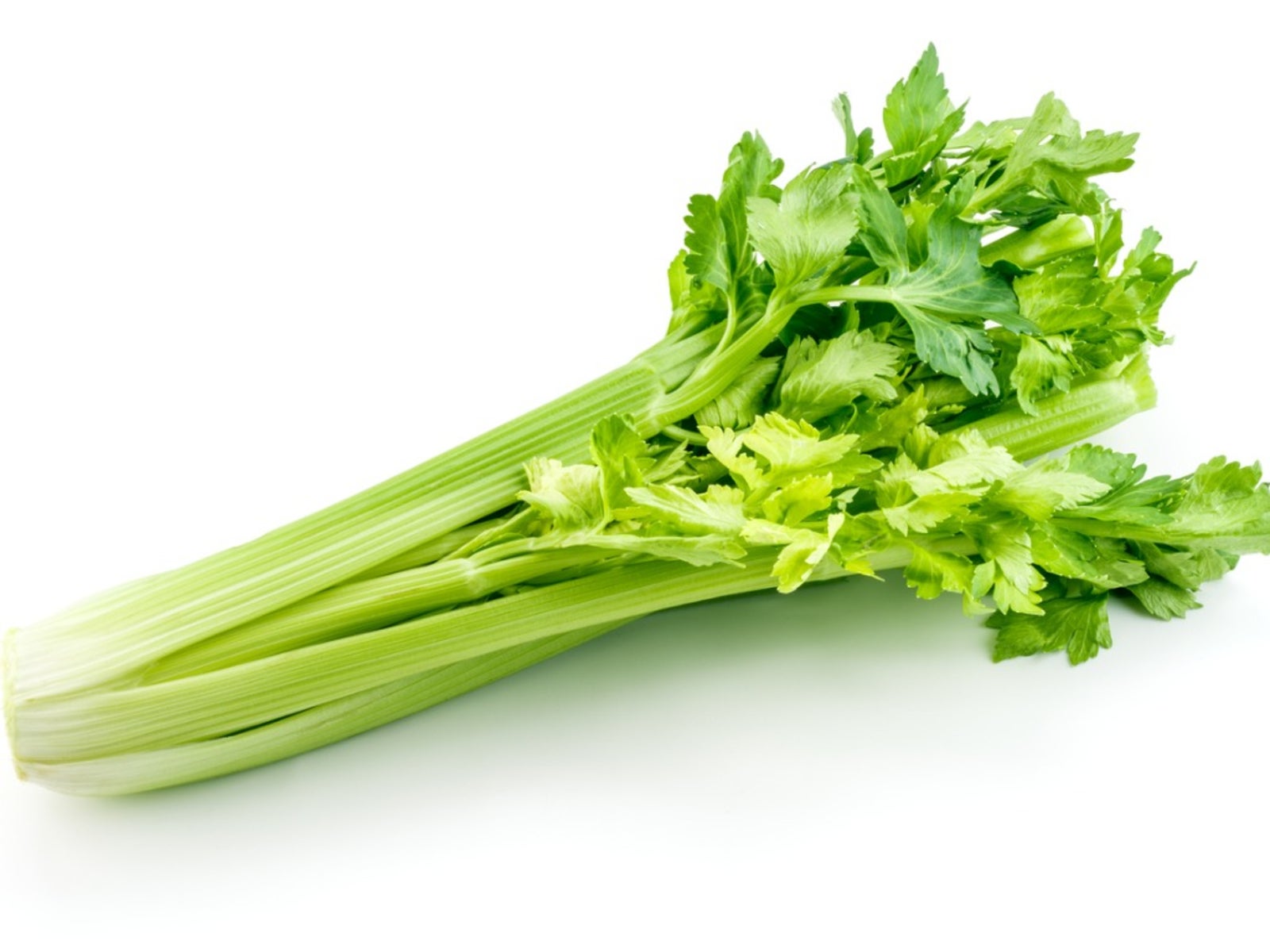Bitter Tasting Celery Stalks: How To Keep Celery From Tasting Bitter

Celery is a cool-season crop that requires about 16 weeks of cool temperatures to mature. It is best to start celery indoors about eight weeks before the last frost in the spring. When seedlings have five to six leaves, they can be set out. If you live in an area with cool spring and summer weather, you can plant celery outdoors in early spring. Warmer regions can enjoy a fall crop of celery if planted in late summer. Sometimes you may find that your garden grown crop has some very bitter tasting celery stalks. If you wonder, “Why does my celery taste bitter?” continue reading to learn more about the reasons for pungent celery.
How to Keep Celery from Tasting Bitter
In order to determine what makes celery bitter, assess your growing conditions. Celery needs extraordinarily rich, moisture-retentive soil that is slightly wet but drains well. Celery also likes a soil pH between 5.8 and 6.8. If you're unsure of your soil acidity, have a soil sample tested and amend as needed. Heat is no friend to celery, which prefers cool temperatures between 60 and 70 degrees F. (16-21 C.). Keep celery plants well-watered during the growing season. Without adequate water, stalks become stringy. Provide at least one mid-season application of compost, as celery is a heavy feeder. With proper growing conditions, it's easy to avoid that bitter-tasting, pungent celery.
Other Reasons for Bitter Tasting Stalks
If you've provided all of the right growing conditions and are still asking yourself, “Why does my celery taste bitter?” it may be because you didn't blanch the plants to protect the stalks from the sun. Blanching involves covering the stalks with straw, soil, or rolled up paper cylinders. Blanching promotes healthy celery and encourages the production of chlorophyll. Celery that has been blanched 10 to 14 days prior to harvest will have a sweet and pleasing taste. Without blanching, celery can very quickly become bitter.
Gardening tips, videos, info and more delivered right to your inbox!
Sign up for the Gardening Know How newsletter today and receive a free copy of our e-book "How to Grow Delicious Tomatoes".
-
 Looking For Plants To Give You The Soft And Fuzzies? Try These 5 Fuzzy Leaf Plant Options
Looking For Plants To Give You The Soft And Fuzzies? Try These 5 Fuzzy Leaf Plant OptionsLovers of texture, drama, silver foliage and tactile plants will adore these special sensory garden additions. These fuzzy leaf plant options will leave you all aglow
By Susan Albert
-
 Get Ready For A Summer Of Hummers! Grow These Full Sun Hummingbird Plants and Flowers
Get Ready For A Summer Of Hummers! Grow These Full Sun Hummingbird Plants and FlowersIf you’re lucky enough to enjoy a sunny backyard, make sure you are maxing out on your pollinator opportunities and grow these full sun hummingbird plants and flowers
By Tonya Barnett